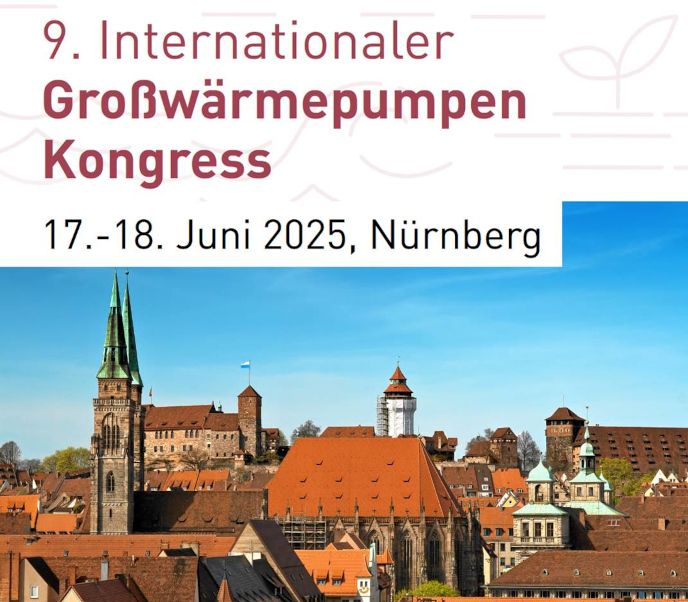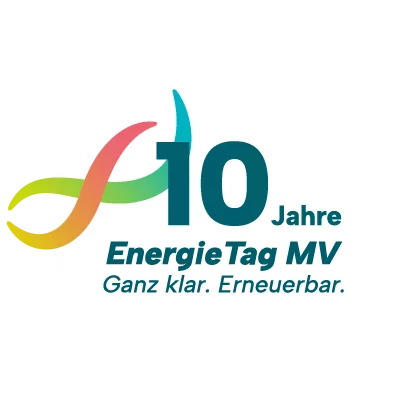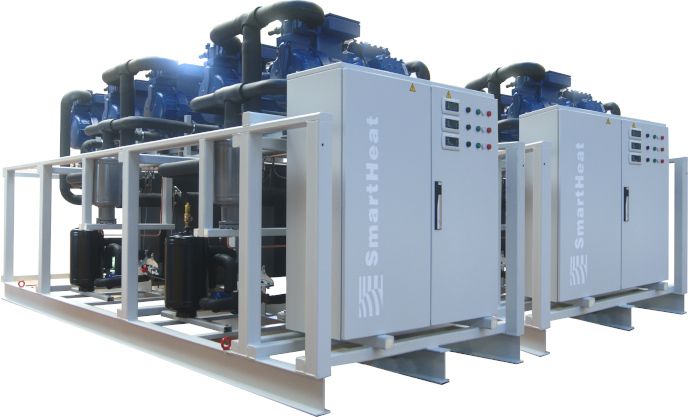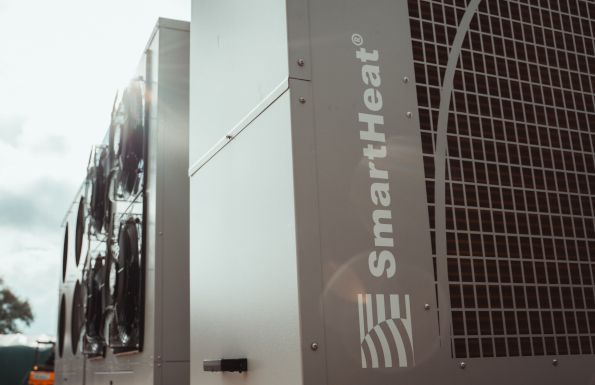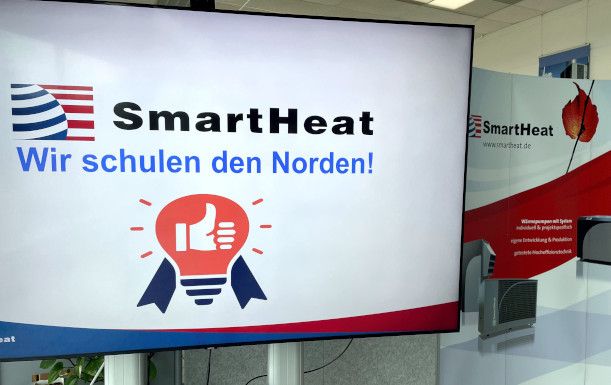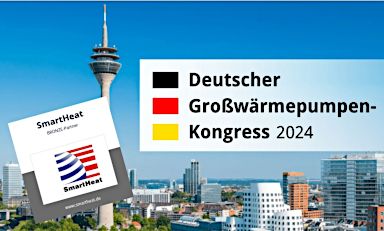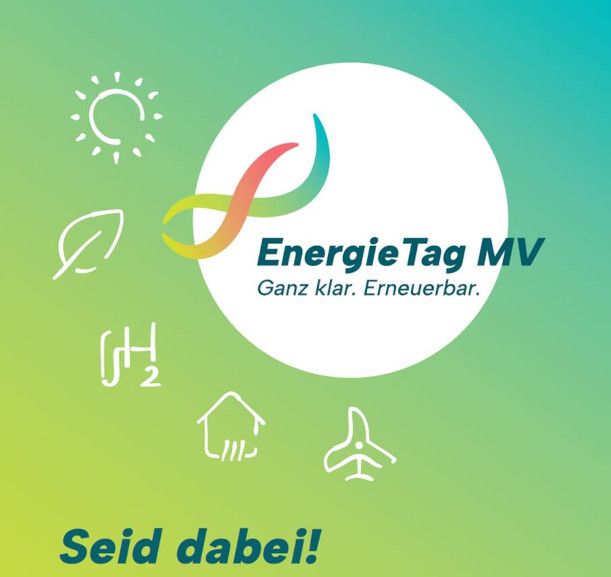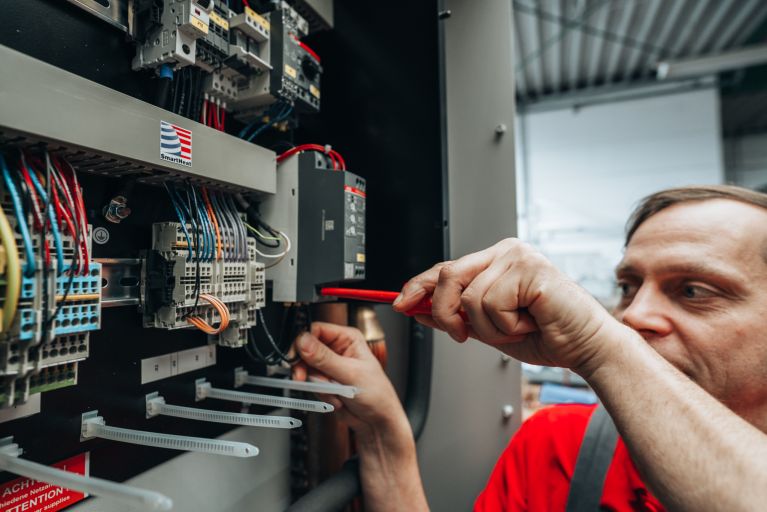News
Sharing knowledge, providing inspiration, promoting exchange or sometimes even experiencing adventures - here you will find our latest information and dates.
always be present
Current news
SAVE THE DATE: 9. International Large Heat Pump Congress in Nuremberg!
Open Day 2025
heat pumps for industry and commerce
SmartHeat at ISH 2025
Heat pump training basic in just 1 day
German Large Heat Pump Congress 2024 of the BWP e. V.
Mechatronics engineers for refrigeration technology plan, assemble, produce and maintain refrigeration, air conditioning and heat pump systems.
Warm invitation

